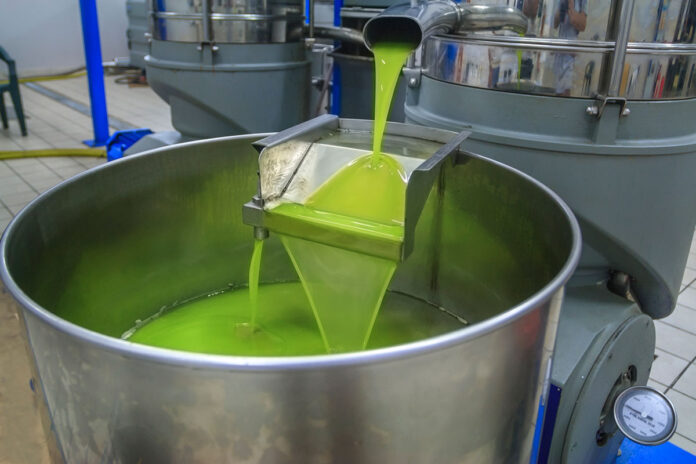Introduction:
Olive oil, a staple in Mediterranean cuisine, is renowned for its health benefits and distinct flavor. It is derived from the fruits of the olive tree (Olea europaea) through a process known as olive oil extraction. This article aims to provide a comprehensive overview of olive oil extraction, exploring the different methods employed, factors influencing quality, and the significance of olive oil in various cultures.
1. Types of Olive Oil:
Before delving into the extraction process, it is important to understand the different types of olive oil. They include extra virgin olive oil, virgin olive oil, refined olive oil, and olive pomace oil. The most prized and highest quality is extra virgin olive oil, which undergoes minimal processing and retains the natural flavor and aroma of the olives.
2. Olive Oil Extraction Methods:
a. Traditional Pressing:
– Traditional pressing involves the use of hydraulic presses to crush the olives and extract the oil. This method is still used in some small-scale and artisanal productions.
– The olives are ground into a paste, which is then pressed to separate the oil from the solids. The resulting mixture is centrifuged to separate the oil from any remaining water or impurities.
– Traditional pressing is labor-intensive and time-consuming, but it is appreciate for preserving the traditional flavors and characteristics of the olive oil.
b. Continuous Decanter Systems:
– Continuous decanter systems are the most common method use in modern olive oil extraction. They allow for large-scale production while maintaining quality.
– In this method, olives are first washed and then crushed into a paste. The paste is then continuously mix and centrifuged to separate the oil from the solids and water.
– The continuous decanter system ensures a higher yield and faster extraction compared to traditional pressing.
3. Factors Affecting Olive Oil Quality:
a. Olive Variety and Maturity:
– The choice of olive variety and its level of maturity at harvest greatly influences the quality and flavor of the resulting oil.
– Different olive varieties possess distinct characteristics, such as bitterness, fruitiness, and spiciness, which contribute to the overall flavor profile of the oil.
– Harvesting olives at the optimal stage of ripeness ensures a balanced composition of fatty acids and polyphenols, enhancing the quality of the oil.
b. Processing Conditions:
– Factors such as temperature, extraction time, and exposure to oxygen during the extraction process can impact the quality of the olive oil.
– Maintaining low temperatures during crushing and centrifugation helps preserve the delicate flavors and aromas.
– Minimizing exposure to oxygen prevents oxidation, which can lead to rancidity and a decline in the oil’s nutritional value.
c. Storage and Packaging:
– Proper storage and packaging are critical to maintaining the quality and freshness of olive oil.
– Olive oil should be store in a cool, dark place to minimize exposure to light and heat, which can degrade its quality.
– Packaging materials, such as dark glass bottles or tins, help protect the oil from light and oxygen, ensuring its longevity.
4. Cultural Significance and Health Benefits:
a. Cultural Significance:
– Olive oil has been an integral part of Mediterranean cuisine for centuries, and it holds cultural and historical significance in many countries.
– It is often use as a base for dressings, marinades, and cooking, adding richness and depth of flavor to various dishes.
b. Health Benefits:
– Olive oil is recognize for its numerous health benefits, attributed to its high monounsaturated fatty acid content and antioxidant properties.
– Regular consumption of olive oil has been associate with a reduced risk of heart disease, inflammation, and certain types of cancer
Conclusion:
Olive oil extraction is a complex process that plays a crucial role in producing high-quality olive oil. Whether through traditional pressing methods or modern continuous decanter systems, the goal is to extract the oil while preserving its natural flavors, aromas, and nutritional benefits. Factors such as olive variety, maturity, processing conditions, and proper storage all contribute to the overall quality of the final product. Beyond its culinary significance, olive oil holds cultural and historical importance, particularly in Mediterranean countries where it is a staple ingredient in their cuisine. The health benefits associated with regular olive oil consumption further contribute to its popularity. Its high monounsaturated fatty acid content and antioxidant properties make it a heart-healthy choice that can help reduce the risk of various diseases.



